Project Last Mile: An exclusive look at how Coca-Cola is supporting the distribution of ice-cold vaccines in Eswatini
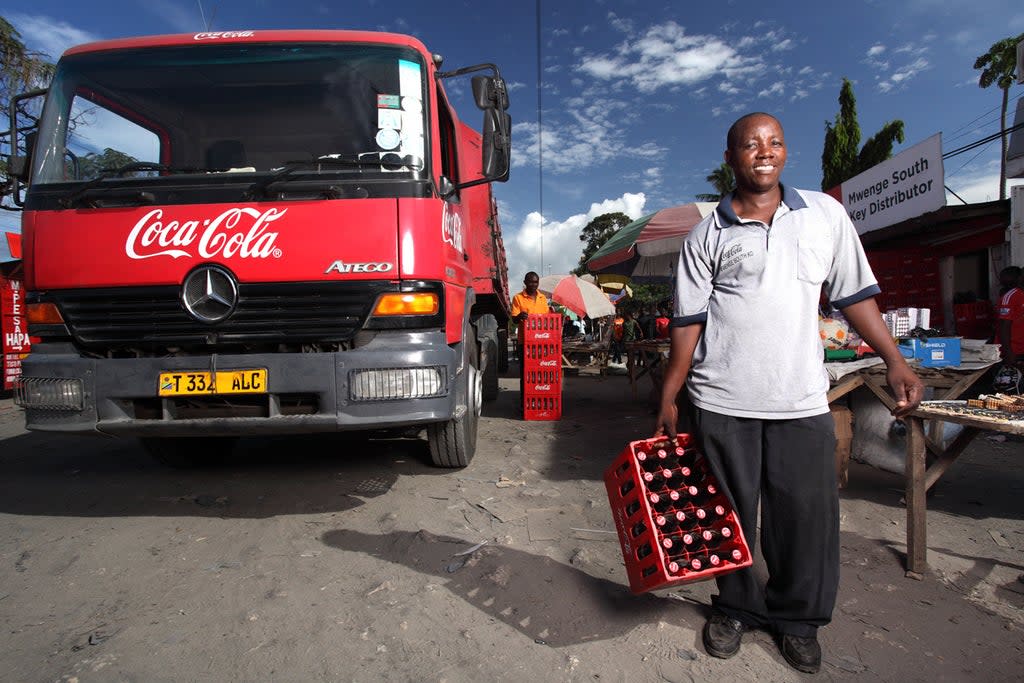
If you can find an ice-cold Coca-Cola almost anywhere in Africa, why not life-saving medicines?
That was the question posed by Melinda Gates in a 2010 TED Talk about new ways to distribute medicines to the remotest corners of the planet.
From a seed of an idea grew Project Last Mile, a global partnership between The Bill and Melinda Gates Foundation, the U.S President’s Emergency Plan for AIDS Relief (PEPFAR), USAID, The Global Fund, The Coca-Cola Foundation and Coca-Cola Company.
Since Project Last Mile’s (PLM) first pilot projects in 2010, it has worked in 10 African countries, using Coca-Cola’s vast market knowledge to improve supply chains for Ebola vaccines and create demand for HIV treatment. Now the Covid-19 pandemic has lent a new urgency to this pioneering project.
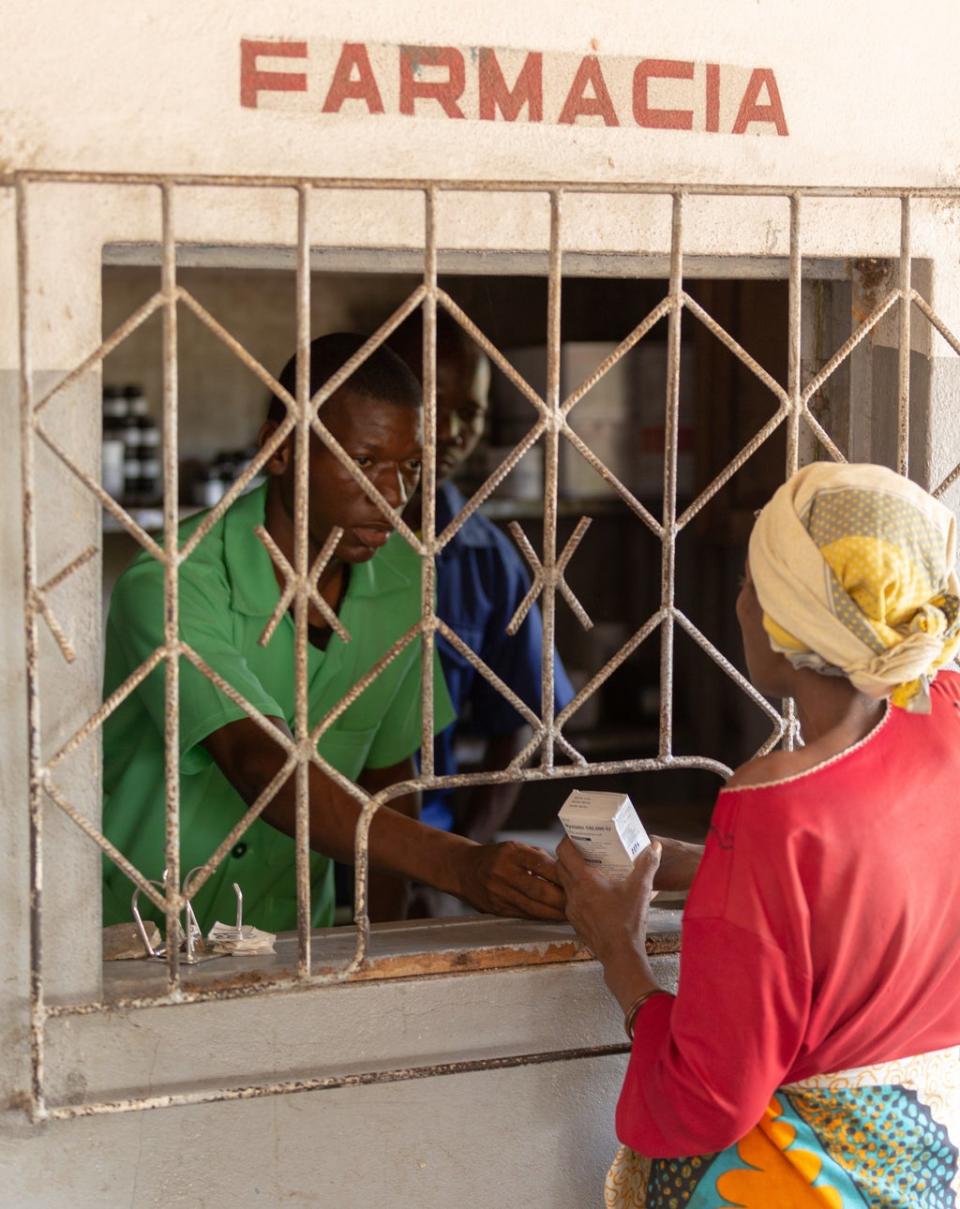
“Through our years of work, we’ve been able to have the understanding of what is required to strengthen health systems,” says Adrian Ristow, director of Project Last Mile. “What Covid-19 has done is actually require those processes to be accelerated.”
Keeping beverages cold, supplying them to every continent and marketing them effectively is part and parcel of running Coca-Cola’s vast global enterprise. PLM has harnessed this expertise and applied it to distributing Covid-19 vaccines in Eswatini and South Africa – monitoring cold-chain systems to avoid vaccine wastage, using supply chain knowledge to enhance vaccine deployment plans and supporting health ministries to communicate the benefits of the vaccine.
And the lessons learned here in southern Africa could be used to roll out the vaccine elsewhere in the continent.
“We are pleased that PLM has been able to leverage its strong platform to support our donor partners and governments in fighting the Covid-19 pandemic,” says Saadia Madsbjerg, President of The Coca-Cola Foundation.
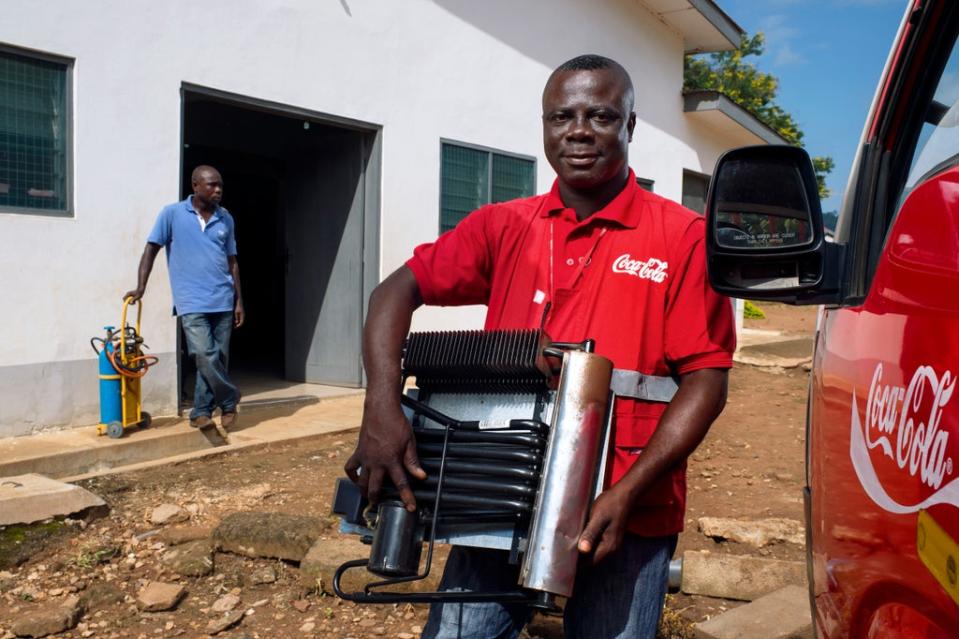
USAID funding has allowed PLM to use a local Coca-Cola system maintenance provider (responsible for keeping Coke cooling systems running) in the small southern African nation of Eswatini to conduct a national audit of the government’s cold-chain equipment, assessing what was missing and what needs to be repaired.
Christopher Detwiler, USAID’s country director in Eswatini says PLM has brought know-how and speed to the operation:
“Every time I have a conversation with their consultants and technical experts, I walk away thankful we’re engaging with Project Last Mile – not only because of their expertise but because of their ability to mobilise quickly,” he says.
PLM reviewed 95 per cent of cold-chain storage facilities in Eswatini, reducing the possibility of wasted vaccines at a time when Africa faces a shortfall of 470 million jabs. Eswatini took delivery of just over 300,000 Johnson & Johnson vaccines on July 27 from the Covax facility, to which the United States is the largest single donor, and began its nationwide rollout in August.
“The message we’re getting from the Biden administration and White House is that you really cannot fail,” says Detwiler. “Any amounts of wastage where vaccines expire would be an existential threat to Eswatini’s ability to get future donations.”
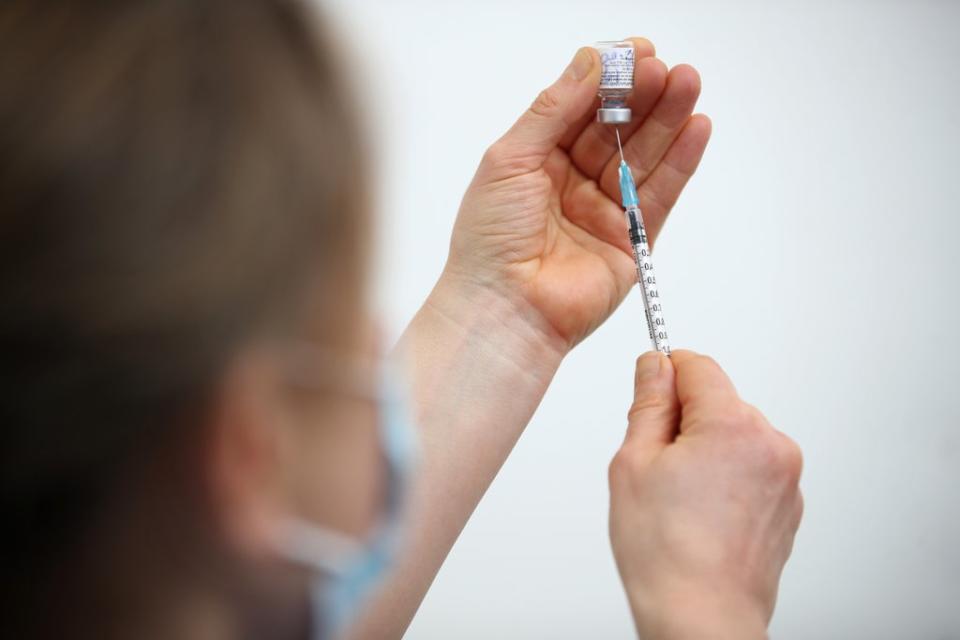
After making sure there is capacity to cold-store the vaccines comes the task of getting jabs into arms. Ristow says Coca-Cola uses outsourced distributors to get its drinks to hard-to-reach communities – using small independent partners instead of large trucks for delivery.
“It might take just an introduction to the vendor base that is used by the coke system,” he says. It’s really hard for government, when it starts engaging in things like outsourcing distribution, to have prior experience in implementing such models.”
Speeding the government’s vaccine rollout also means supporting collaboration between the public and private sectors. For example, where public health facilities may only be able to offer vaccinations during working hours, Detwiler says the private sector and NGOs are able to host vaccination clinics on weekends.
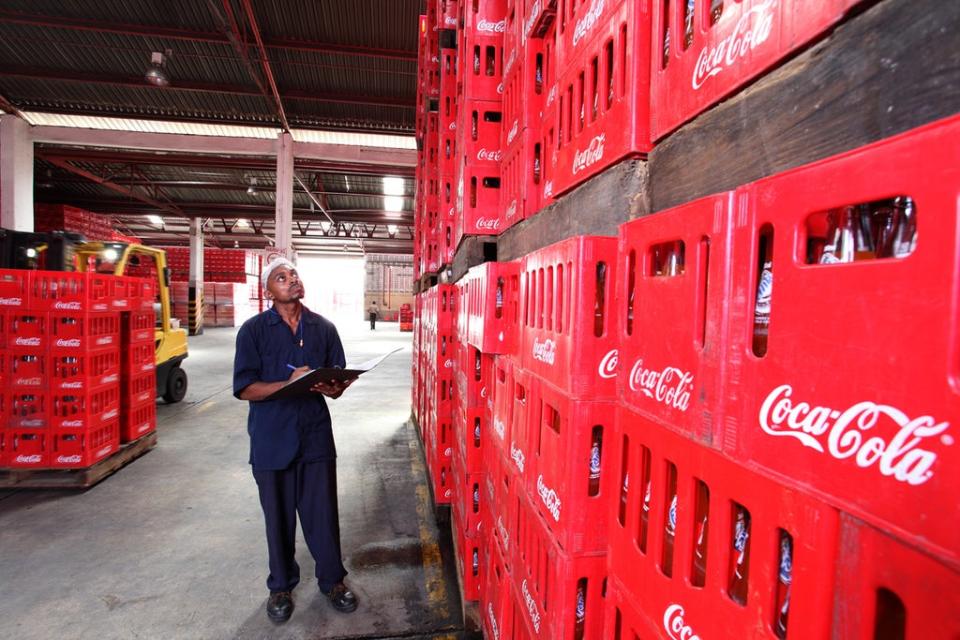
Despite some clear wins already, the scale of need presented by the Covid-19 pandemic has brought challenges for PLM.
“For the most part, there has been a willingness for people to pull together resources and make it work but it’s not without its complications. There’s a certain amount of tension, with all the different interests that are involved,” says Detwiler.
Outbreaks of civil unrest in Eswatini have hindered the vaccine rollout. For the most part, Detwiler says PLM’s response is reactive – if the Ministry of Health asks for a vaccine team to deploy at a certain site they haven’t been able to reach, PLM steps in to plug the gap.
But building an infrastructure for providing Covid-19 vaccines is the solution to only one half of the problem in Eswatini, as misinformation continues to fuel vaccine hesitancy. Given PLM’s experience with supporting HIV prevention and treatment, it has helped the Eswatini Ministry of Health to develop specific messaging about the Covid-19 vaccine for people with chronic health conditions.
The wide-ranging infrastructure that PLM has built in Eswatini could be leveraged in the future to support other vaccines – but more immediately, PLM are looking to support Covid-19 vaccine rollouts in countries such as Nigeria and Tanzania.

 Yahoo News
Yahoo News 
